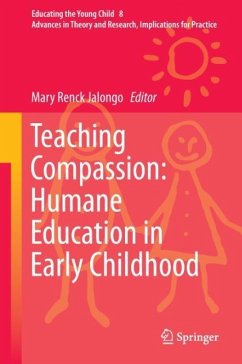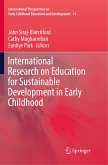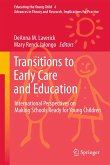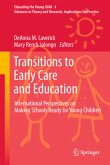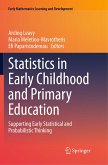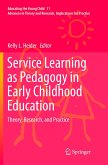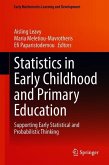In response to highly publicized incidents of school violence, educators across the United States and in many other nations are seeking effective ways to prevent and modify aggressive and anti-social behaviors in students. One of the major recommendations of the research is that efforts to prevent cruelty need to begin early, during the early childhood years of birth through age eight.
The focus of Teaching Compassion: Humane Education in Early Childhood is guiding young children to accept responsibility for and to be kind in their interactions with fellow human beings, animals and the environment. Although humane education is a relatively new concept in the field of early childhood education, professionals in the field are very familiar with many of the related concepts, including: promoting positive interpersonal interactions, teaching children the skills of self-regulation, giving children experience in caring for living things and protecting the environment. This edited volume is an interdisciplinary compendium of professional wisdom gathered from experts in the fields of education, child development, science, psychology, sociology and humane organizations. As the book amply documents, the concept of humane education is powerful, integrative, timely and appropriate in work with young children.
Teaching Compassion: Humane Education in Early Childhood shows how it is possible for adults dedicated to the care and education of young children to balance attention to the cognitive and affective realms and, in so doing, to elevate the overall quality of early childhood programs for children, families and communities.
The focus of Teaching Compassion: Humane Education in Early Childhood is guiding young children to accept responsibility for and to be kind in their interactions with fellow human beings, animals and the environment. Although humane education is a relatively new concept in the field of early childhood education, professionals in the field are very familiar with many of the related concepts, including: promoting positive interpersonal interactions, teaching children the skills of self-regulation, giving children experience in caring for living things and protecting the environment. This edited volume is an interdisciplinary compendium of professional wisdom gathered from experts in the fields of education, child development, science, psychology, sociology and humane organizations. As the book amply documents, the concept of humane education is powerful, integrative, timely and appropriate in work with young children.
Teaching Compassion: Humane Education in Early Childhood shows how it is possible for adults dedicated to the care and education of young children to balance attention to the cognitive and affective realms and, in so doing, to elevate the overall quality of early childhood programs for children, families and communities.

